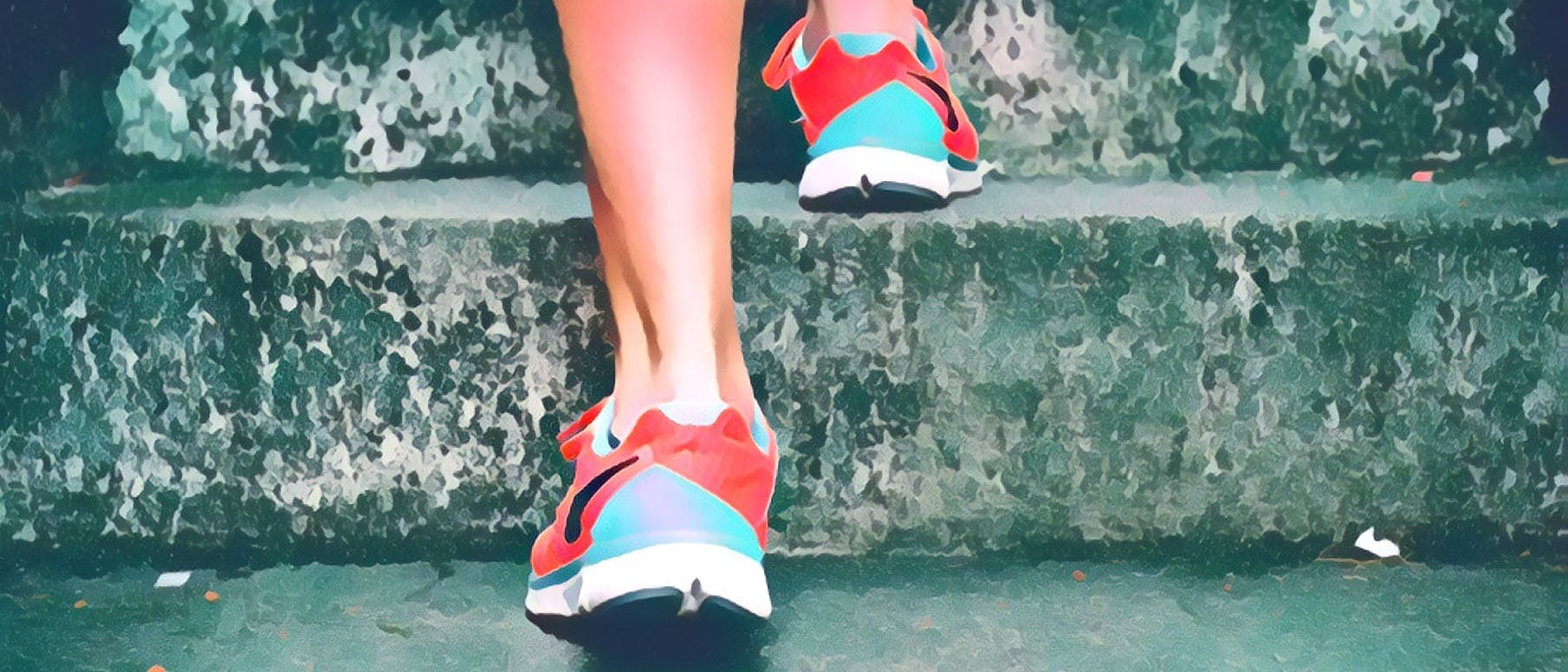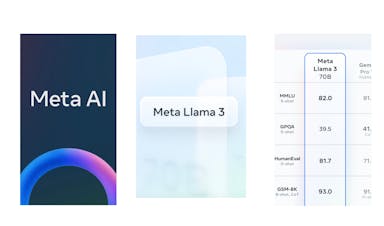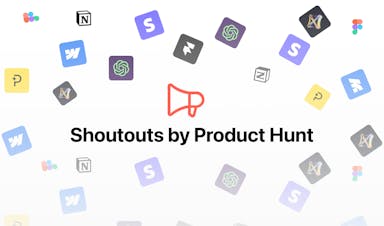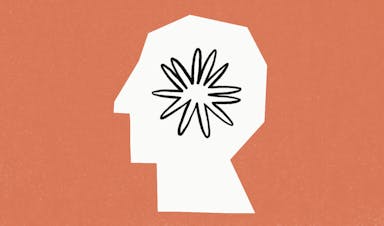Did The Olympics Prepare Me For Entrepreneurship?

"Grit, determination, resilience and your own response to failure and setbacks can make or break you in professional settings — whether that’s in sports or business."
This story is part of our new 'What She Said' series with Femstreet. Our goal is to amplify the powerful voices of female founders, investors and operators with a startup story to tell. Have an idea for a story? Share it with us here.
I was robbed in front of an ATM in Murica, Spain when I was 21. My pay day was a few weeks away and I needed money to buy food. I was alone and far from home in a foreign country where I was only just beginning to learn the native language. But more on this story later.
Embrace what you can’t change
I grew up in Australia as a sporty child, and competitiveness has always been a part of who I am. I’m not sure if I was born with it, or whether it’s something that I developed early on. In primary school, I remember playing different sports and competing in as many athletic events that I could. I especially loved sprinting — getting faster with every race was a thrill.
Fast forward to high school, at which point I was competing at the state and national junior levels in volleyball. Volleyball combined all the physical skills I had trained in and loved, from sprinting to jumping to hitting (a ball) to chasing. I also loved being part of a team.
During this time I was also very, very shy, to the point where my introversion was excruciating and socially crippling. I was over six feet tall in my early teens, so I stood out. I was seen despite wanting to hide. My volleyball coach called me a ‘little person in a big person’s body.’
I quickly learned that there are some things in life that you just can’t change, so it’s better to spend your energy on the things you can change. These days, I spend my energy on being the founder and CEO at Sortal, an AI digital asset management platform based in Australia. I’m still tall and introverted, but I’ve learned that my height also gives me a presence. This is an important part of my job — it helps me speak at events and command a room when I need to.
Practice learned mental skills
By the time I was 17, I began my professional athletic career at the Australian Institute of Sport, surrounded by people who were just as tall, just as strong and just as fast as me. In this environment, having a strong work ethic was more important than any physical gift I was born with. Grit, determination, resilience and your own response to failure and setbacks can make or break you in professional settings — whether that’s in sports or business.
Learning these skills took me years, but formed the basis for my growth mindset. High performance comprises learned mental skills, and knowing how to respond to failure comes from a discipline you instill in yourself to keep going (even when you’re off your game). As a founder, I now draw on this skill set daily in order to run a globally scalable business. There are good days and bad days. There are major setbacks. And to be clear, failure is always an option for me. Failure is all part of the experiment of growing a business. It’s a chance to learn and improve, just as I did when I was an athlete.
Empathy is entwined with ethics
I traveled continuously throughout my years as a professional athlete — I was abroad three weeks of every month from ages 17 to 23. These intense adventures throughout my formative years dramatically impacted how I see the world. I encountered a range of different lifestyles and experienced a myriad of cultures, beliefs, wealth and poverty. This opened my mind to ways other than my own. It taught me empathy and gratitude. It taught me that we all see the world differently and we all experience different origins and realities.
I learned that empathy can be expressed through systems thinking, which is especially insightful when it comes to customer experience, consumer psychology and product design. I think about this when I want to understand the ‘big picture’ in business — I zoom out without judgement and see the whole process as a whole. For example, developing a technology product that solves a problem requires a deep, but broad, understanding of the problem itself. How can my product cater to all aspects of the customer journey? For my business, ethically, what other factors come into play when people need to manage their digital content and control their identity and digital footprint? Technology is a powerful enabler, but empathy shapes it in the most productive ways.
The perseverance instinct
Now back to that thief. I was in Spain for 10 months on a contract as a professional athlete in the Spanish Volleyball League. It was dark and I was on my way home from evening training. I was tired, wearing my sweaty training gear and a pair of flip flops. My sports shoes were in my training bag.
In the moments after the thief grabbed my wallet, I asked a man who had witnessed the crime (standing nearby in shock) to watch my bag. I kicked off my flip flops and sprinted after the thief barefoot around the block. As you know, I always liked sprinting, and I was faster than him. As I caught up, I grabbed him by the scruff of his shirt. He dropped my wallet in disbelief and ran off. I walked back to man watching my bag and said, “Thank you, I got my wallet back. Have a good night.” The whole incident probably took less than a minute.
Over the years, I’ve wondered whether I responded appropriately that night. While I had gotten my wallet back, it wasn't until I talked to others about the incident later that I realized I had also put myself in danger. What if the thief had a weapon? At the time, it never even occurred to me that my personal safety might be at risk. In the heat of that moment — when faced with an acute stress response — my instinct was to overcome the setback rather than flee.
In building my company today, this instinct — which is perhaps better described as perseverance — has helped me get through the highs and lows of entrepreneurship. My company has been through founder changes, major product pivots and dire funding shortages. Regardless of how other entrepreneurs may have responded in similar situations, I can say that I have kept persevering.
Majella Edwards is an Olympian (Sydney 2000, Australian Women’s Volleyball) turned tech entrepreneur. She founded Sortal in 2017 and the startup launched its intuitive digital asset management platform for visual content and creative media in 2019.
Comments (3)
James Paez
Writer and a teaacher
ahmed ahmed
sddsd
Gless 33
im a blogger
More stories

Kyle Corbitt · How To · 3 min read
What we've learned in 3 days of Llama 3

Aaron O'Leary · Announcements · 2 min read
Introducing Shoutouts

Finn Lobsien · Opinions · 5 min read
Can Devin AI Replace Product Managers?

Aaron O'Leary · News · 2 min read
Meet Nvidia's new localized AI chatbot

Sarah Wright · News · 2 min read
The top 15 AI products from 2023

